The glory of gardening: hands in the dirt, head in the sun, heart with nature. To nurture a garden is to feed not just the body, but the soul.
~Alfred Austin, poet~
I must confess, I had watched my husband garden for years and knew that we were benefiting nutritionally from the fruit of his labor. But it took me some time before I realized the benefits that he received from doing the actual gardening went way beyond the nutritional ones. There were many health benefits that he received that had a physical and emotional component. Gardening was like therapy for him. He could have a long or hard day at the office, come home and work in his garden for a few minutes, and quite literally, become a different person. If I can’t find him in the house, I know for certain, he is outside tending his garden. You’ve never seen a happier face than the one he has when he brings in his harvest to show me or when he shares his harvest with one of our friends. The emotion is pure joy.
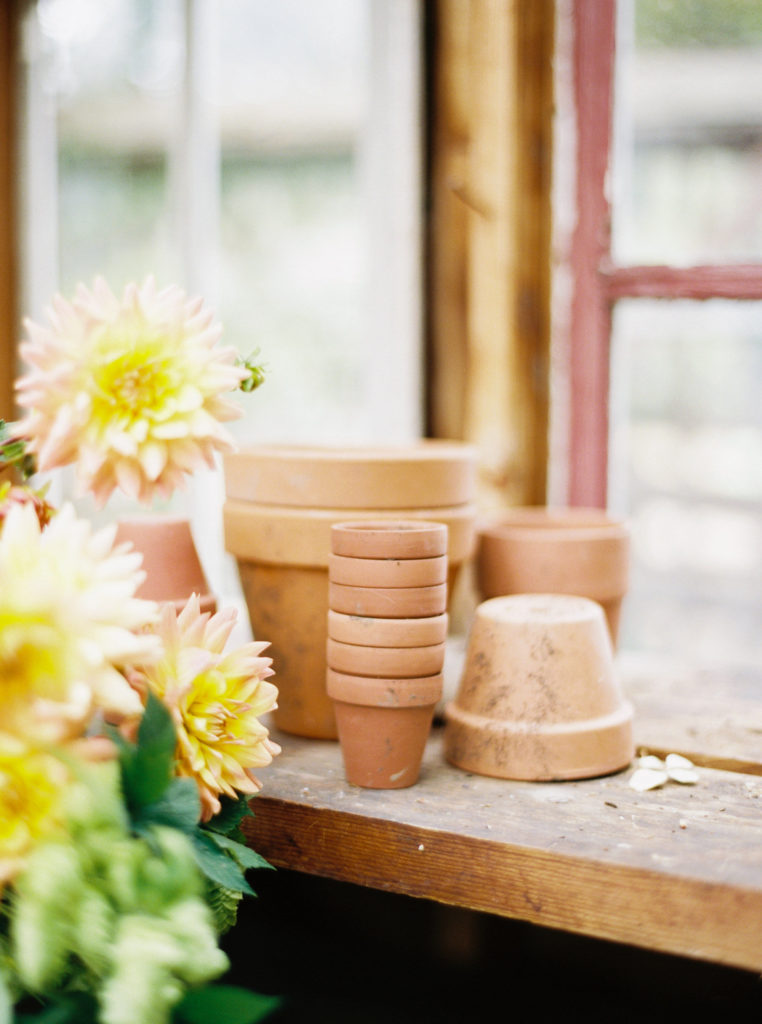
One of my husband’s many talents is gardening. He has gardened as long as I’ve known him (over 35 years), and people ask him “how to garden” questions on a daily basis. He’s quite known for his gardening skills. I tell everyone that he doesn’t have just one green thumb. I’m convinced he has ten green thumbs. He can make anything, not only grow, but thrive. He has degrees in Soil Science and Chemistry, which I know have helped him become a great gardener. But honestly, there’s a certain “man of the soil” quality that he has, which I believe, are of Biblical proportions. I’m not exaggerating. His gardening skills are exceptional. I especially keep this mind when he has, yet again, brought in ample amounts of dirt into my newly cleaned home, lol!
I want to introduce you to my husband, Michael, and share with you an article that he wrote for my website, describing how you can create, what we call, a Home Kitchen Garden. We have a Home Kitchen Garden, and it is conveniently planted right outside our back door. When we are in the kitchen, we can grab herbs and vegetables that we have recently grown to add to our food as we are cooking or preparing a meal. We have something almost daily we can use. Depending on the season, we harvest herbs like mint, basil, and rosemary as well as fruits like tomatoes, figs, blueberries, and blackberries. We’re also harvesting vegetables like onions, cucumbers, zucchini, and squash.
Keep in mind that the nutritional benefits of growing your own food are substantial. Have you ever stopped to wonder how your food was grown that you buy in a store? When you garden, you have more control. You know what seeds you are using, how healthy your soil is (we often have ours tested), and you don’t need to use chemicals like conventional gardeners and farmers do.
The physical benefits are equally substantial. Gardening is incredible exercise. You are lifting, balancing, digging, bending, kneeling, pushing, pulling, and moving your body in all planes of motion.
And the emotional benefits? I think Alfred Austin, poet in the 1800’s, said it best. “To nurture a garden is to feed not just the body, but the soul.” When you garden, you are actually touching and connecting with nature, the soil, and the plants that you are growing. That can bring not only a sense of peace and calm, but extreme satisfaction and joy.
If it’s a sunny day while you are gardening, you can get a nice dose of vitamin D, which is extremely important for mental health. Read my article about the importance of a healthy vitamin D blood level here.
Gardening has also been connected to a healthier body image and a healthy gut microbiome.
In Dan Buettner’s book, The Blue Zone (a must read!), one of the things that centenarians in each “blue zone” across the world had in common, was gardening. Did you catch that? Gardening can actually help you live well beyond your 90’s. I would garden just for that!
I hope I’ve convinced you how healthy gardening can be for your mind, body, and soul. And I hope this article and the words my husband will share with you below are helpful. My husband and I love gardening. If you see us working in our garden side by side, I’ll be the one pulling the weeds out, which in my humble opinion, is just as important as the gardener. A gardener always needs a weed puller.
Happy gardening everyone!
~Debbie~
Home Kitchen Garden
By Michael Whitehead
For many seeking a healthier lifestyle, a “Home Kitchen Garden” can be part of that path. A home kitchen garden is simply a small, readily accessible garden with the main purpose of supplying herbs, along with some vegetables, for cooking. So, why the home kitchen garden and not just go to the grocery store? The home kitchen garden provides ready access to herbs and vegetables, fresh herbs (better than dried), saves money and controls what is on the plants (no herbicides).
Here are my four steps to having a home kitchen garden:
Step #1: Decide on location. Where can you put the garden for easy access and adequate lighting? Usually, a great location is just outside the kitchen or in a kitchen window if you have enough light in this location. I have a moderately sized yard, so right outside the garage at our back door works best for my family. For most plants, 6 to 8 hours of sunlight is best, although, a few herbs and vegetables like arugula, Swiss chard, Chinese vegetables, and spinach can get by on as little as 3 to 4 hours of light.
Step #2: Make a raised bed or use containers. My home kitchen garden consists of raised beds and a few larger plastic containers (4-5, 16 to 20 inch diameter pots) for growing a mix of plants. My raised beds consist of two, 2 feet by 10 feet (10 inches high) wooden raised beds filled with over the counter bags of compost and vegetable soil mixes. The size of the bed is up to you. If you have larger beds, consider picking up or having delivered compost mixes from a local recycler such as Living Earth. As a note, most of these blends tend to be low in nitrogen so you may need to add a higher nitrogen fertilizer to the soil to start off. Also, I would recommend that you collect one soil sample and send it to a soil testing laboratory for analysis (e.g., Texas A&M Soil Testing if you live in Texas like I do).
Step #3: Determine what you would like to grow. Since cooking is the emphasis in this garden, herbs that you use in your cooking should be your prime focus. For example, I grow cilantro, parsley, thyme, rosemary, and dill. As for vegetables, I like to grow green onions, spinach, kale, carrots, and collards in the cooler months of the season and peppers (hot and green), dwarf tomatoes (determinant varieties), dwarf eggplant, and green onions in the summer.
Step #4: Maintain your home kitchen garden. Don’t let your hard work go to the weeds. Spring fever at the local garden store can fade into a weed garden by the end of the summer. Keep a regular eye on your kitchen garden and make sure it is properly and consistently watered, fertilized, and weeded. I like to start off with a time release fertilizer and then periodically use a soluble fertilizer while watering. If you follow these four simple steps, you will be on your way to your own “home kitchen garden”.
Michael Whitehead
Gardener and Soil Chemist
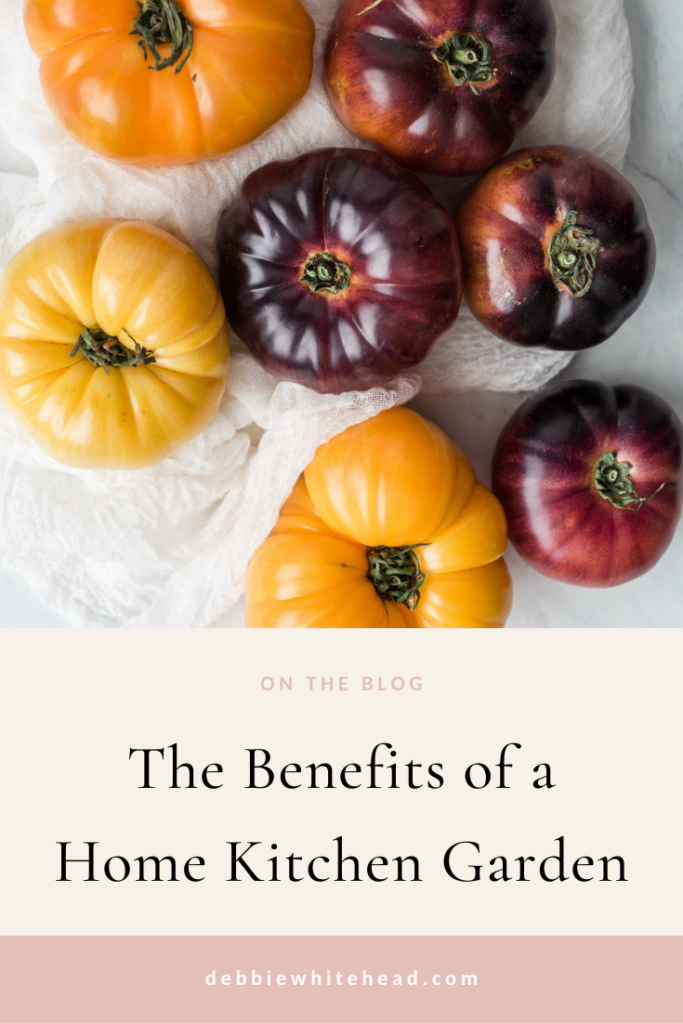
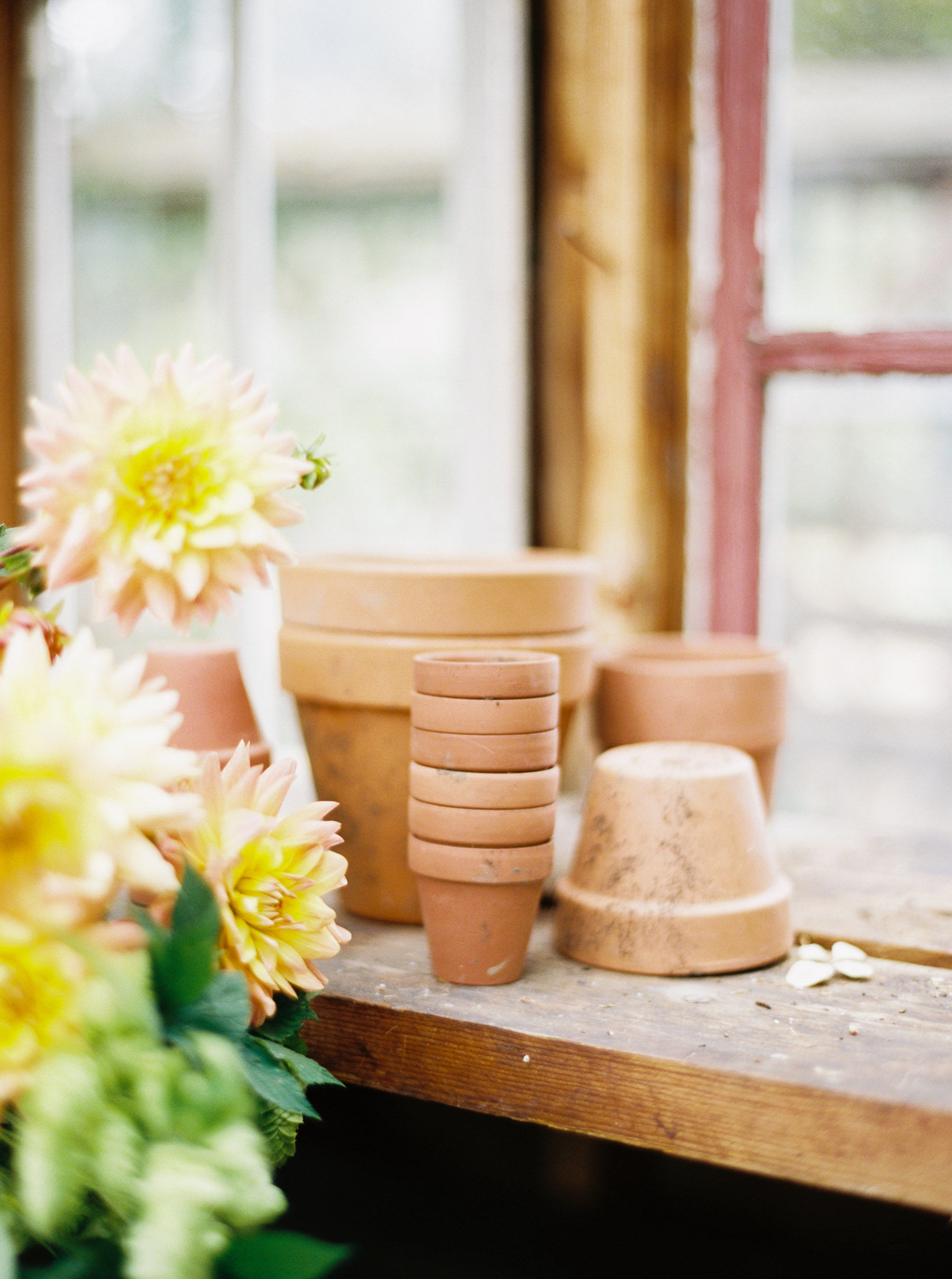
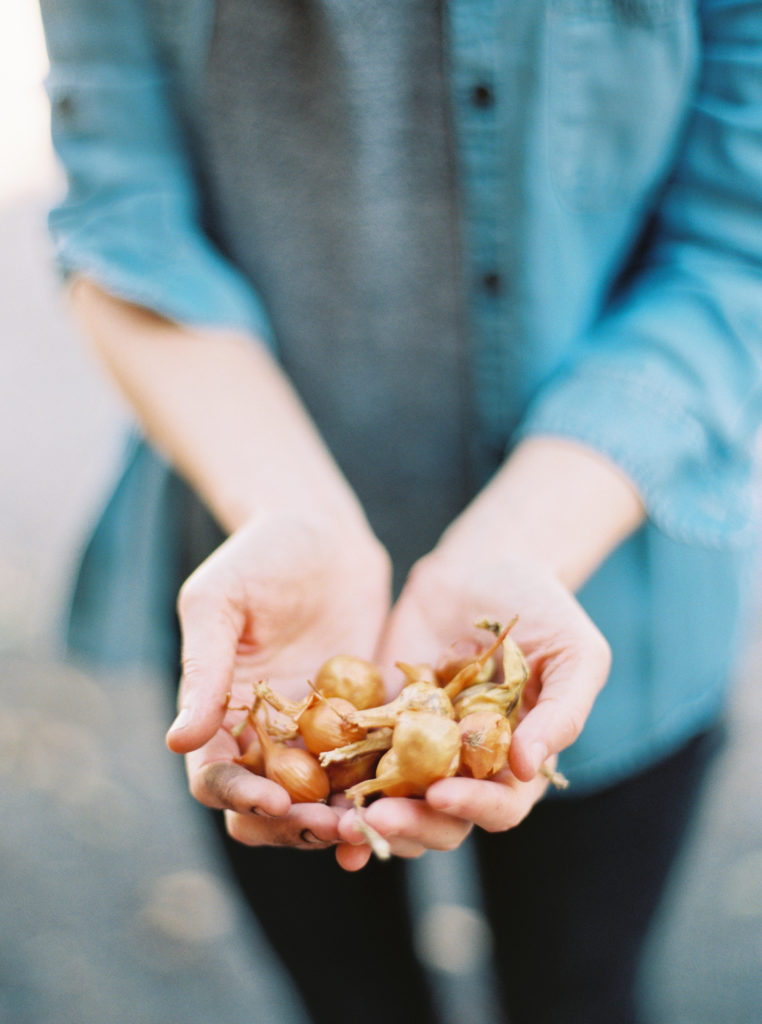
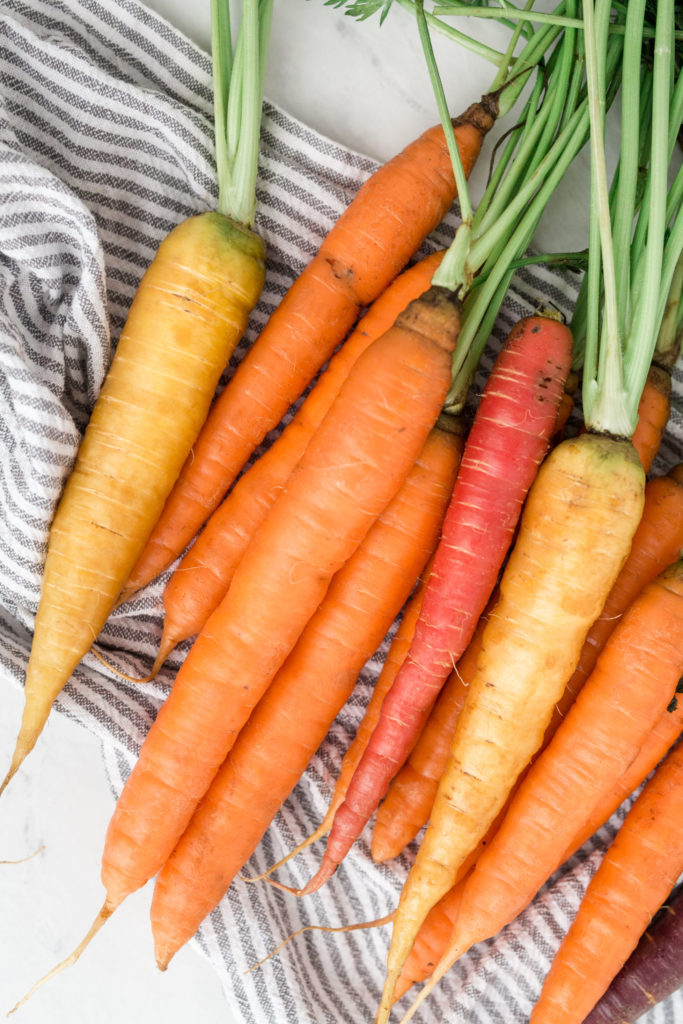



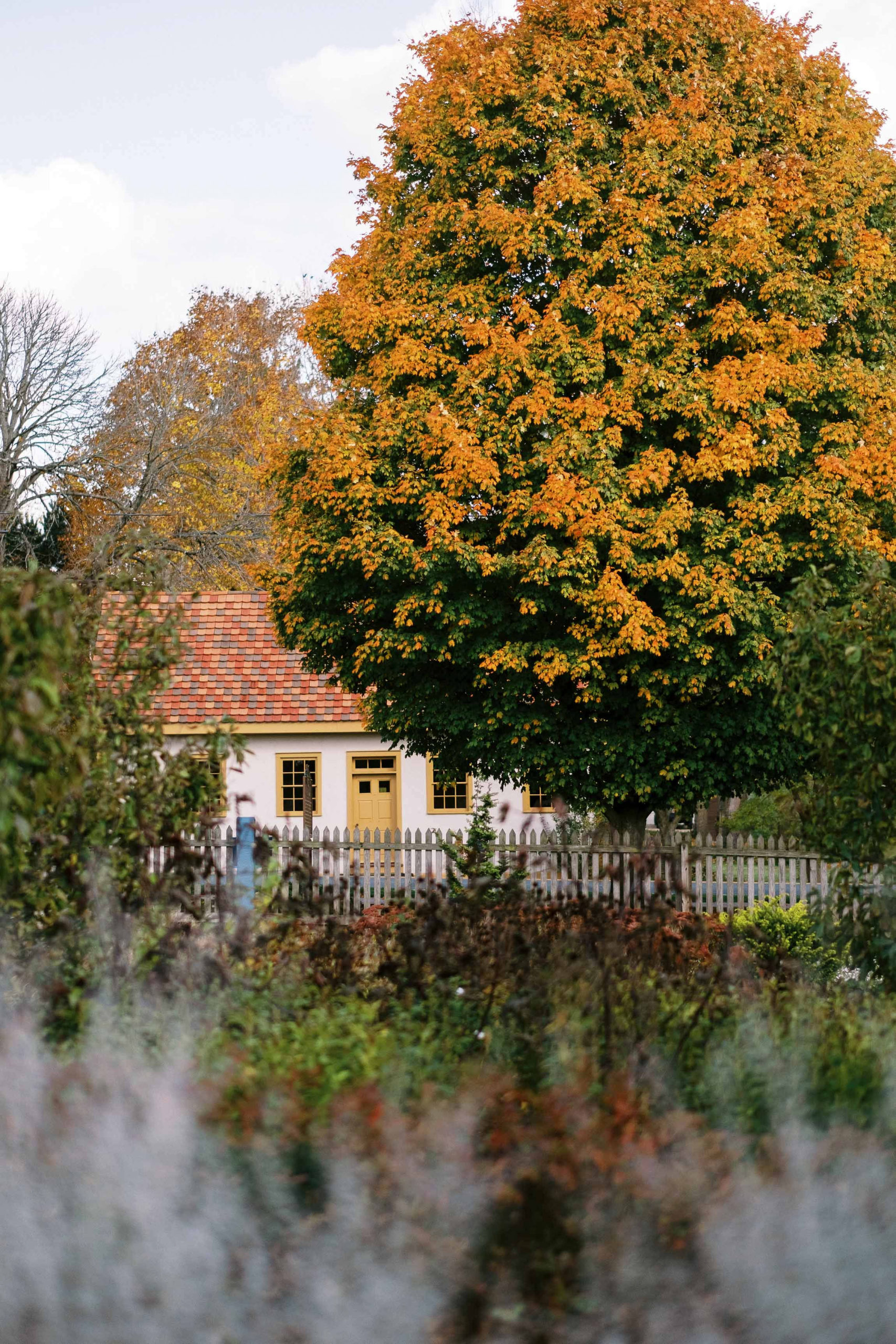
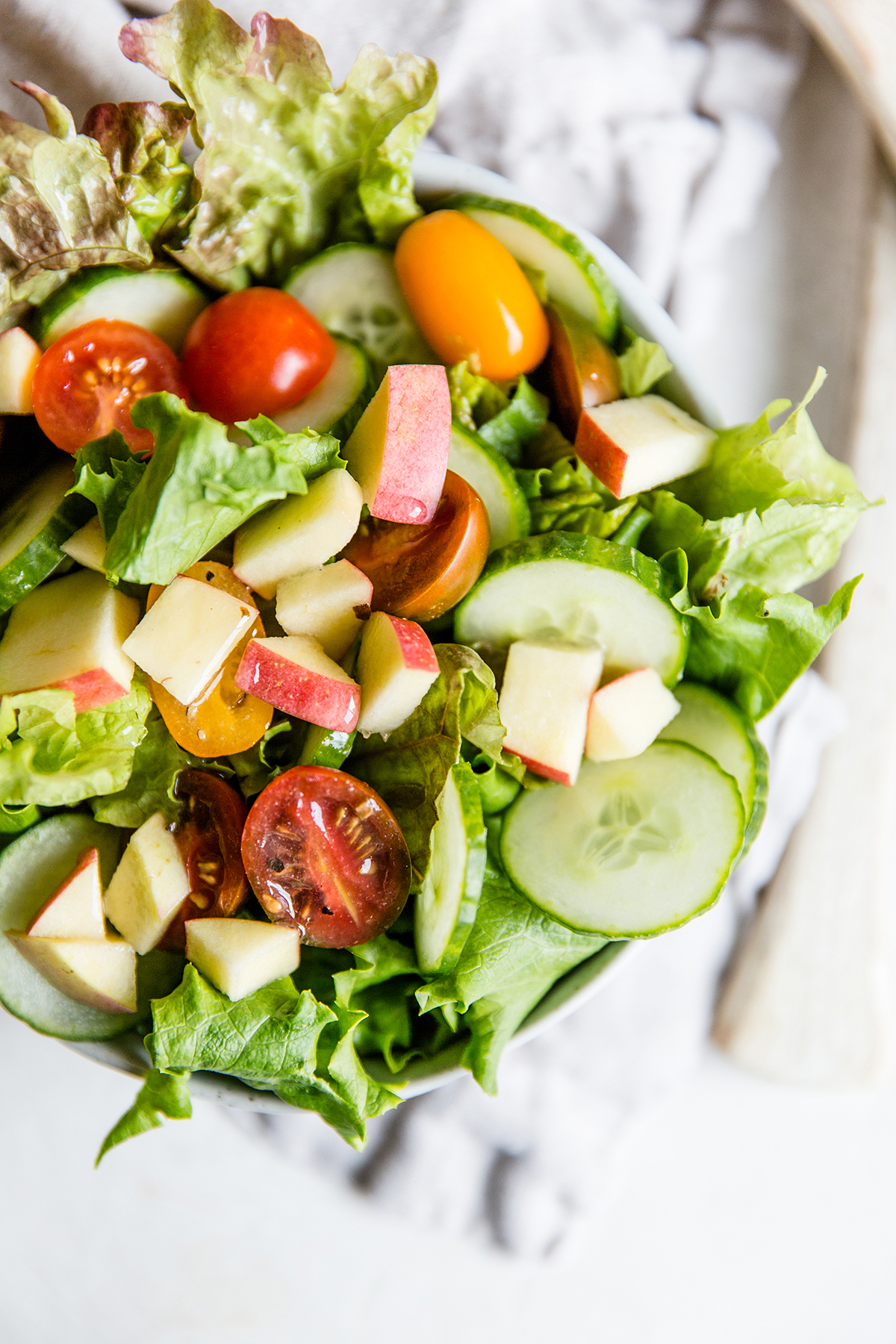



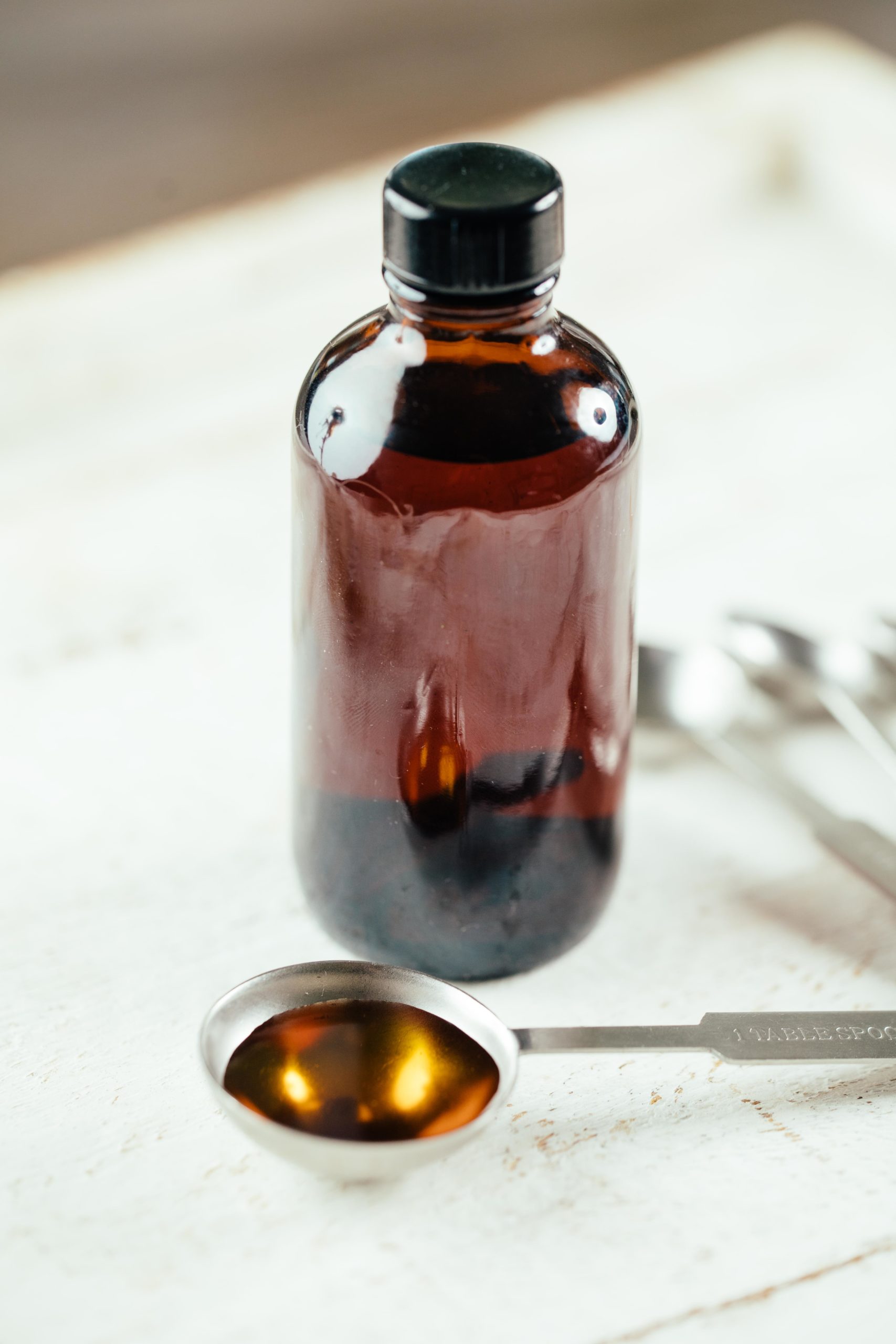

- Hide Comments